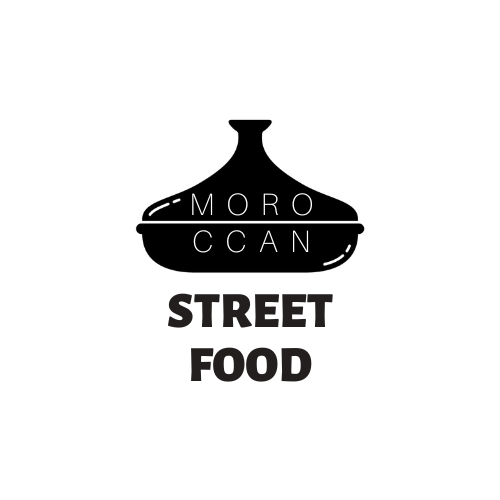Morocco is famed for its colorful culinary scene, with avenue food gambling a huge function in showcasing the country wealthy flavors and divers affects. As site visitors discover the bustling streets of Moroccan towns, they frequently surprise: Is Moroccan street food spicy? Let’s delve into this query and uncover the highly spiced truth in the back of Morocco’s delectable street delicacies.
What Defines Spiciness?
Before we delve into the spiciness of Moroccan road food, it is important to recognize what defines spiciness in culinary terms. Spiciness is mostly attributed to the presence of capsaicin, a compound found in chili peppers. However, the belief of spiciness can range extensively among people, encouraged through factors which include tolerance, genetics, and palate sensitivity.

Common Ingredients in Moroccan Street Food
Moroccan delicacies are renowned for its use of spices, which play a pivotal position in flavoring dishes and creating complex taste profiles. Some of the key spices used in Moroccan street meals include cumin, paprika, cinnamon, ginger, and saffron. Additionally, elements like preserved lemons, olives, and sparkling herbs make contributions to the unique flavors of Moroccan dishes.
Popular Moroccan Street Food Dishes
Moroccan avenue meals feature a various variety of dishes, every imparting a unique culinary experience. From savory snacks like b’stilla (a savory pastry full of meat and spices) to hearty meals like merguez sandwiches (spicy lamb sausages served in bread), Moroccan street food caters to every palate. While a few dishes are renowned for their fiery kick, others provide milder flavors that enchantment to a much wider audience.
Is Moroccan Street Food Generally Spicy?
Contrary to famous belief, no longer all Moroccan road meals is inherently spicy. While spices are a critical part of Moroccan cuisine, the level of spiciness can vary extensively from dish to dish. Some avenue meals providers can also provide spicy alternatives for adventurous eaters, at the same time as others offer milder alternatives to cater to distinct alternatives.
Mild vs. Spicy Moroccan Street Food
Moroccan road food gives a stability of moderate and spicy options, making sure there’s something for every person to experience. For those who decide on milder flavors, dishes like Moroccan pancakes “Msemen” or filled bread rolls “Maakouda” offer a delicious creation to Moroccan delicacies without overwhelming warmness. On the other hand, highly spiced enthusiasts can take pleasure in fiery cuisine like “Harira” (spicy soup) or spicy grilled meats.

Health Benefits of Spices in Moroccan Street Food
In addition to adding taste, spices in Moroccan road food provide a myriad of health benefits. Ingredients like turmeric and ginger boast anti-inflammatory properties, even as cinnamon may help modify blood sugar ranges. However, it is critical to consume highly spiced foods in moderation, as immoderate spice intake can lead to digestive soreness for a few individuals.
How to Identify Spicy Moroccan Street Food?
If you’re uncertain about the spiciness of a particular dish, there are several approaches to discover highly spiced Moroccan road meals. Visual cues, including vibrant hues or seen chili peppers, frequently suggest the presence of spice. Additionally, don’t hesitate to ask providers about the spice degree—they may be happy to offer steering primarily based for your choices.
Moroccan road food gives a tantalizing array of flavors, from mild and fragrant to ambitious and highly spiced. While a few dishes may also % a fiery punch, others provide a greater subdued culinary revel in, ensuring there is something for every palate to enjoy. Whether you’re exploring the bustling markets of Marrakech or savoring a meal in a neighborhood eatery, Moroccan street food invites you on a flavorful journey through the coronary heart of Morocco’s culinary history.




